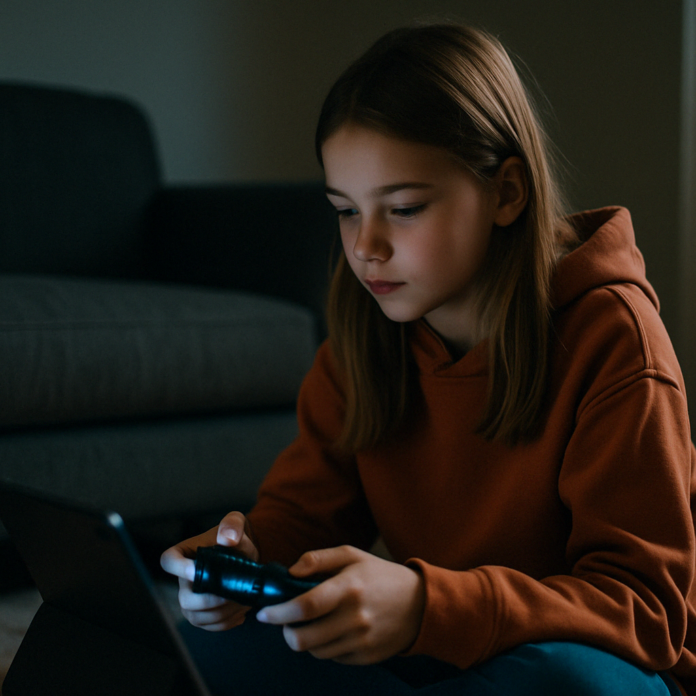For many autistic individuals, video games offer a safe and predictable space that provides comfort, routine, and even social interaction. While gaming can be a healthy special interest, it may also become a form of escape when emotional regulation or real-world connection feels too overwhelming.
Why Gaming Appeals to Neurodivergent Individuals
Video games provide:
- Clear rules and structure
- Predictable outcomes
- Control over one’s environment
- A safe way to engage socially through online play
However, when gaming becomes the primary way of coping, it can lead to isolation and imbalance.
Signs of Gaming Addiction
Gaming may become problematic when it:
- Interferes with sleep, meals, or hygiene
- Replaces in-person relationships or responsibilities
- Triggers meltdowns when interrupted
- Is used to avoid stress, anxiety, or real-world demands
Recognizing these signs early can prevent deeper challenges.
Digital Boundaries and Screen Time Management
Supporting balance doesn’t mean eliminating games, but creating healthier habits. Helpful strategies include:
- Setting clear time limits with visual schedules
- Encouraging breaks and physical activity
- Co-creating screen time agreements collaboratively
Balancing Special Interests with Real-World Interaction
Gaming as a special interest can still be enriching when balanced. Consider:
- Encouraging in-person activities connected to game themes (e.g., art, storytelling)
- Using games as a gateway to build real friendships
- Supporting interest in game design or related skills
Building Healthy Social Connections
Autistic individuals may prefer digital interaction, but they also benefit from:
- Inclusive, interest-based clubs or peer groups
- One-on-one meetups over group hangouts
- Social coaching to build confidence offline
Final Thoughts Gaming can be a joyful and meaningful outlet—but like any tool, balance is key. By supporting digital boundaries, encouraging real-world connections, and honoring special interests, caregivers and educators can help autistic individuals build a well-rounded and fulfilling life.
